SABC increases royalty payments for radio airplay
Following its landmark decision to implement a 90% quota for local music on its radio stations, the South African Broadcasting Corporation (SABC) has announced that it will increase royalty payments from 3.2% to 4% on radio for all collecting societies.
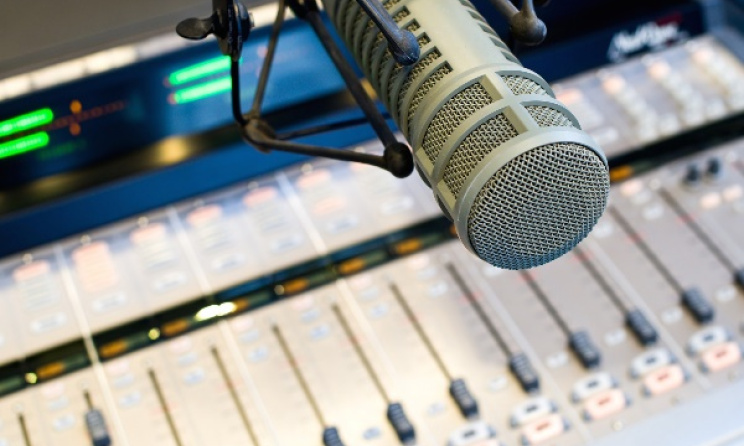 The SABC has boosted its royalty rate to 4%. Photo: pixelvulture.com
The SABC has boosted its royalty rate to 4%. Photo: pixelvulture.com
The decision follows a recent meeting between the SABC and key stakeholders in the local music industry to ensure equity and transparency in royalty matters.
The SABC’s controversial Chief Operations Officer, Hlaudi Motsoeneng, said: “This move is meant to stimulate the music industry, through creating jobs and unearthing new talent. The SABC also wants to restore the dignity of creatives to move away from a situation of creatives in the music industry dying as paupers. The SABC will set a budget to honour SA music legends such as Babsy Mlangeni, Steve Kekana and Letta Mbulu, amongst others, and those that have passed on for their contribution to the industry. This once- off recognition payment will be in July”.
The SABC has implemented royalty parity for the various collecting societies that are active in the country.
Sean Watson, chairperson of the South African Music Performance Rights Association (SAMPRA), said: “We’re thrilled as SAMPRA by the bold decision taken by the SABC to beat the 3% rate set by the Courts and up it to 4%. It speaks volumes about the SABC’s passionate commitment to the South African music industry and we are grateful for this proactive approach”.
Dodo Monamedi, chairperson of the Association of Independent Record Companies (AIRCO) and the Independent Music Performance Rights Association (IMPRA), said: “On behalf of IMPRA and AIRCO, we are embracing and remain committed and grateful of the announcement from the SABC about 4% needletime payments to us as record companies. This means booming sales for our retailers, recording studios and live performances. We will work hand in hand with our stakeholders to educate our people about what needle time is all about and its benefits. We shall all endeavour to promote and defend our local markets for all to benefit”.
Arthur Mafokate, representing the Southern African Music Rights Organisation (SAMRO), added: “We are very excited and looking forward to artists’ lives changing. We have waited for 30 years for this and we would like to thank the SABC team led by the COO, Mr. Hlaudi Motsoeneng.”
Key talking points
Despite the SABC’s apparent intentions (at least after 20 years of calls from artists), questions still remain:
Firstly, many South African artists are still not registered with any of these four bodies. The SABC claims to be aware that there are artists who do not belong to any of these societies, and with their latest move are therefore trying to encourage them to register so that they can also benefit when their music is played on SABC radio.
Secondly, South African artists are believed to still be waiting on millions of rands in royalty back payments that have not yet been made. Upping the royalty rate now, without ensuring the effective distribution of the funds, means that artists will simply be owed more.
Thirdly, South African artists have also long complained about problems regarding effective monitoring and reporting of music ‘needletime’, which in turn negatively impacts on subsequent payouts. Unless all the SABC’s radio stations can ensure that all music played is properly documented and submitted to the relevant collecting agencies, the royalties will still not make it to the artists.
Fourthly, the increased royalty tariff means not only more money for South African musicians, but also more money for the SABC itself, which is already in the red after making a loss of R395 million in its latest reported financial year, and recently announced that it wants to start four new ‘language-based’ TV channels, each of which will cost taxpayers around R500 million to set up and operate.
As with the news of the recent 90% local music quota, the SABC’s latest announcement appears to be a move in the right direction and should therefore be welcomed - but there may be ulterior motives at play that risk diverting the benefits away from deserving artists.











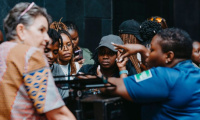









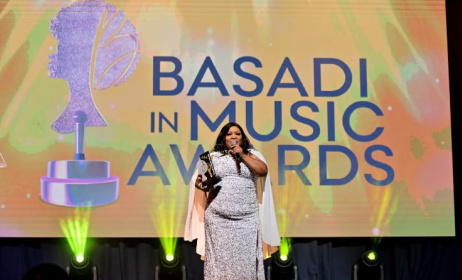


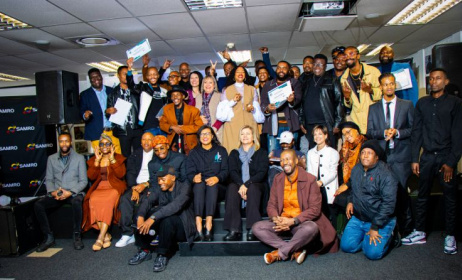
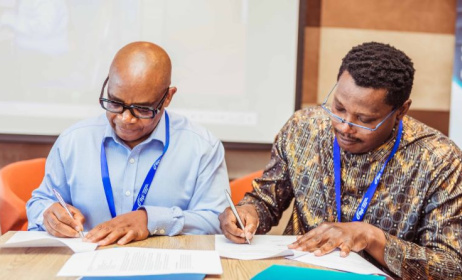
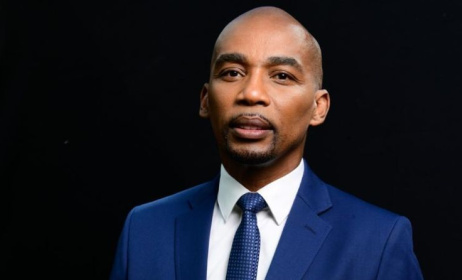

Comments
Log in or register to post comments